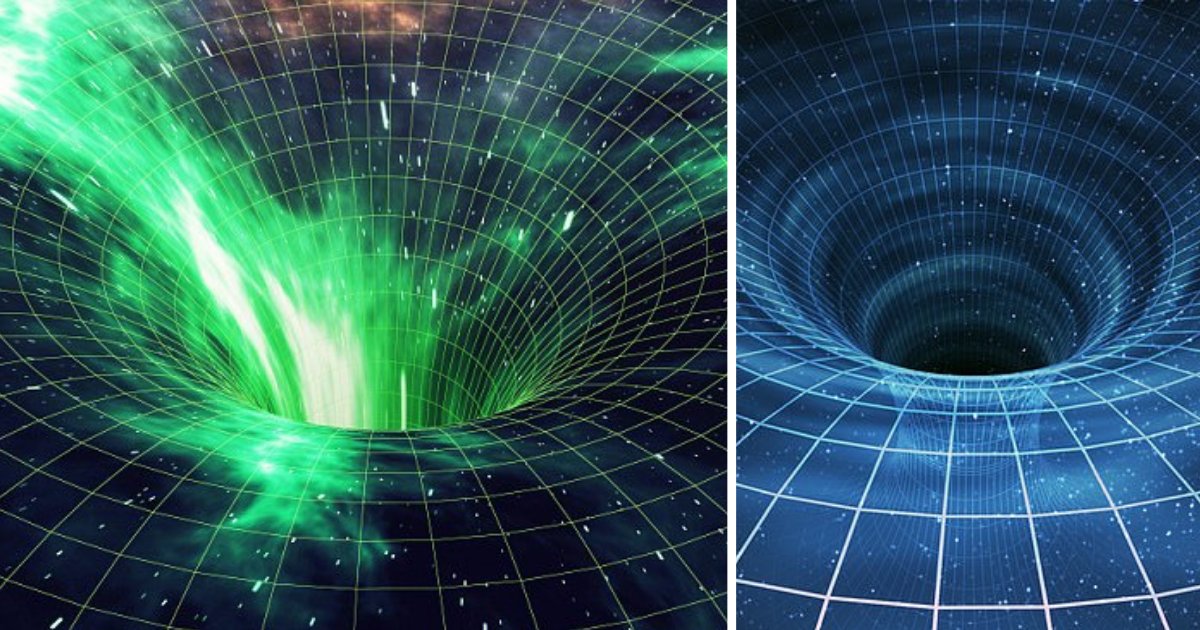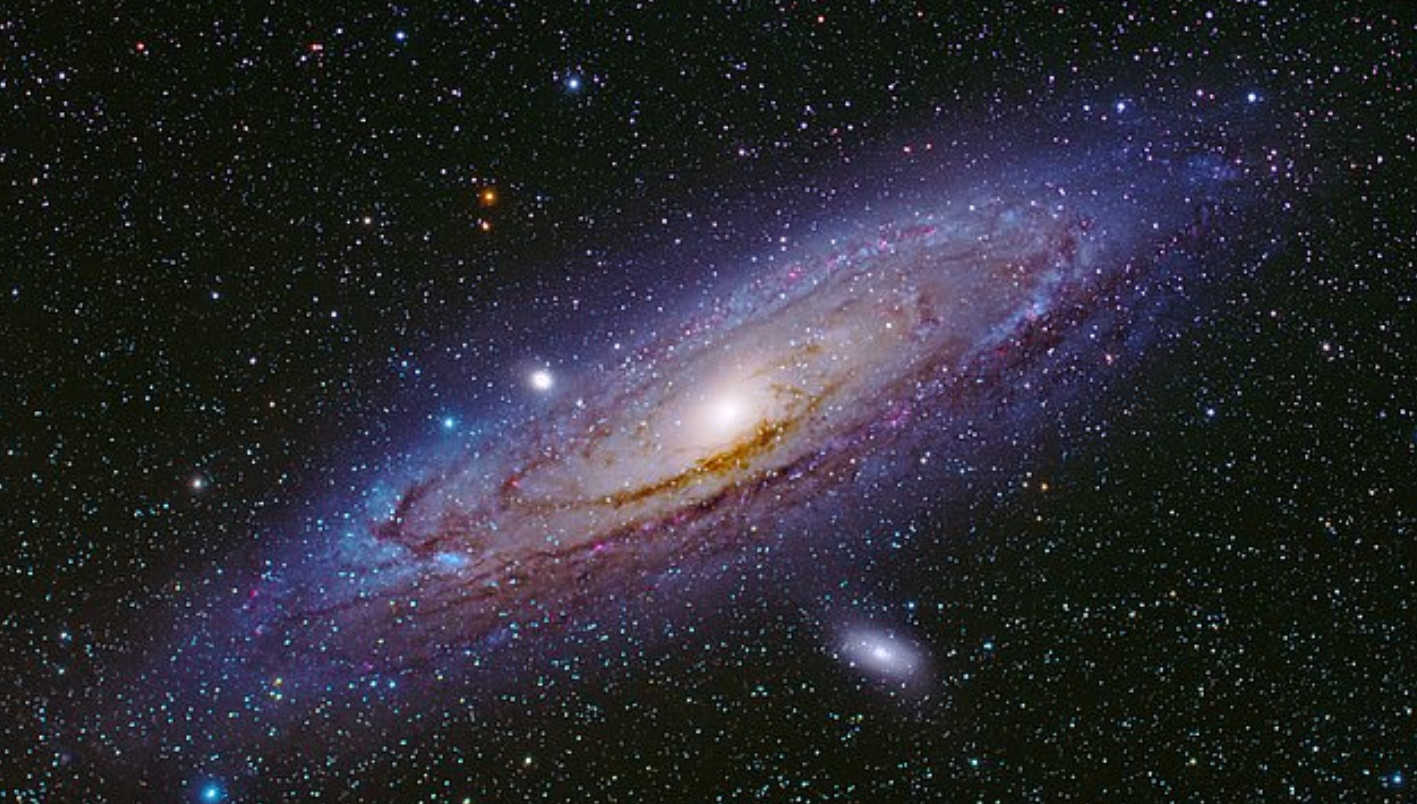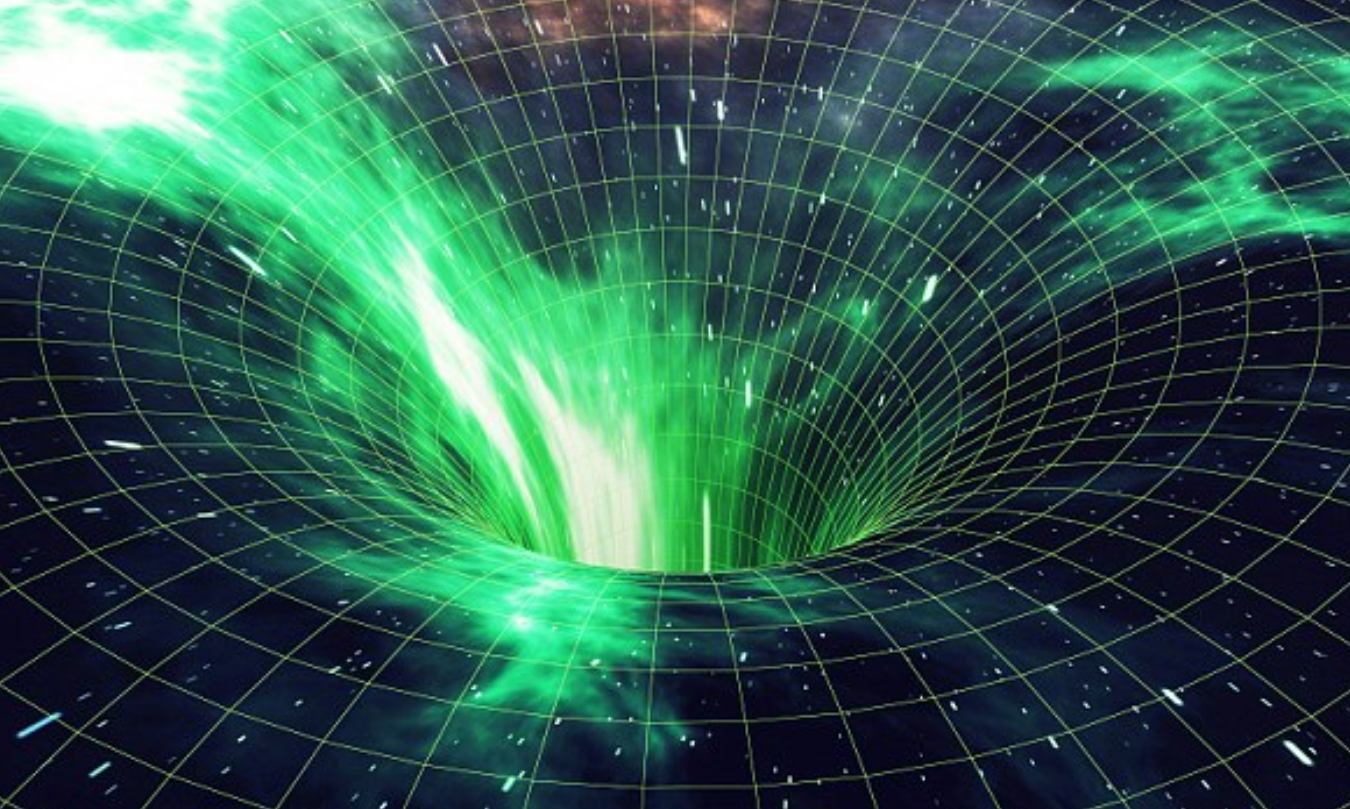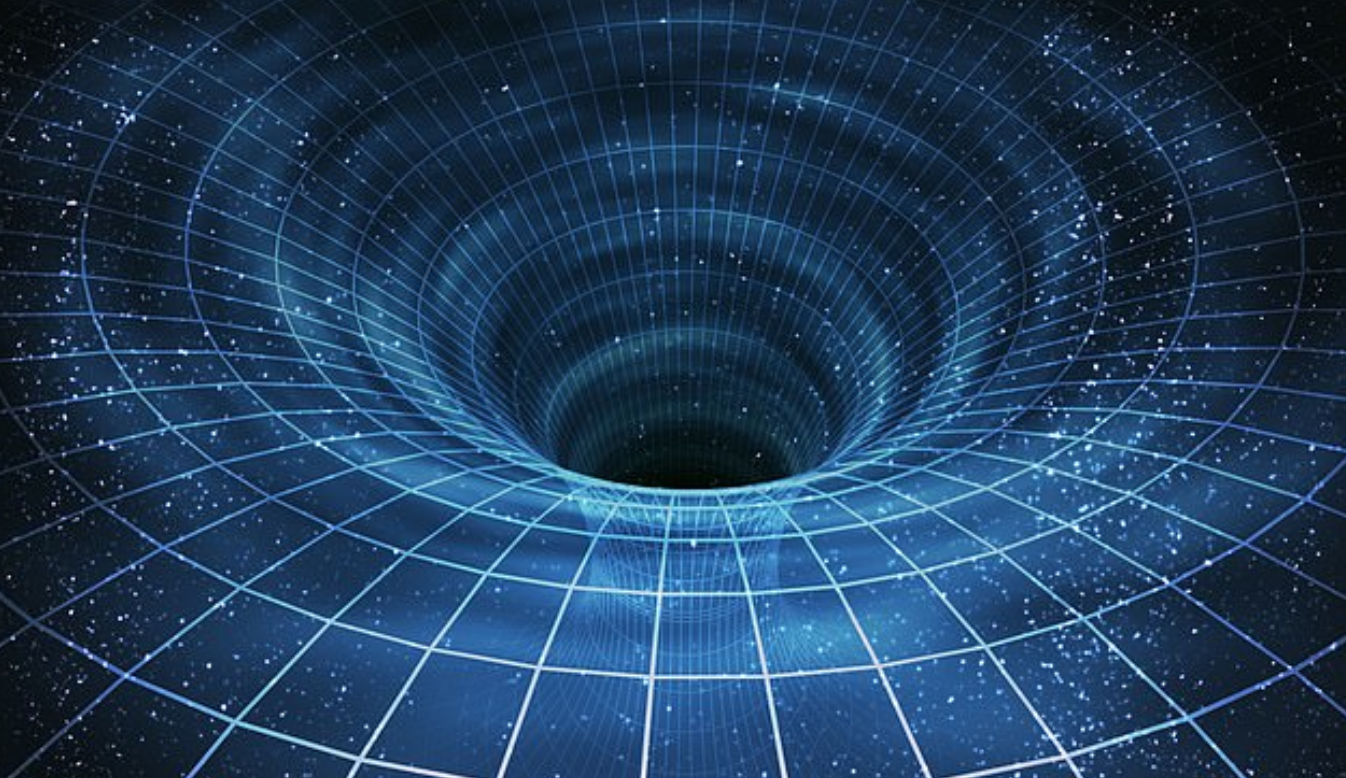For the first time in history, a direct photograph of a black hole in the Milky Way will be presented to the awestruck masses.
This is a momentous event as imaging back holes is extremely difficult owing to their property of absorbing all the light around them.
It was in January that the members at European southern observatory (ESO) stated that they might have captured such an image. On April 10th, following a press conference, the Event Horizon Telescope shall finally show the anticipated results. Speculations regarding the release of the image on the same day also exist.
A team of international astronomers are keeping an eye on two main targets – Sagittarius A*, which is located in the Milky Way’s center and the other is said to be M87 amidst the Virgo collection of galaxies.
These major observations surrounding the said back holes have been undertaken by a setup of telescopes, estimated to be about the size of the earth called the Event Horizon Telescope.
Peter Galison, a professor, working on the project, said the success of this project, would make this image one of the most important and iconic images in science and would mark the biggest breakthrough in astronomy over the last 50 years.
It is also anticipated that the EHT collaboration shall also release their data analysis from 2017 in the upcoming press conference.
Era Markoff, a theoretical astrophysics and astroparticle physics professor at the University of Amsterdam, who also co-lead the EHT collaboration, remarked on the magnanimity of the event in the field of astrophysics and physics, alongside stating that all information regarding the Sagittarius A* shall only release post peer review.
The nature of the image hasn’t been confirmed yet, whether it’ll be an image of the silhouette or something else is still unknown.
The Event Horizon Telescope, overcomes the issue that earlier prevented astronomers from imaging black holes; i.e.(to photograph the closest black hole to earth, a telescope of the same size would be required as a black hole is exceedingly compact.) Hence, EHT- an international alliance uses 15 to 20 telescopic dishes across the globe to observe these black holes.
Working on the principle of radio waves, each telescope is observed individually from every area, covering the South Pole, North America, Europe, South-America, Australia, and Africa.
This collection of data in the form of radio waves is then stored on supercomputers, which will help us acquire an image of a black hole, which might be the real rendition of what we’ve seen in sci-fi films like interstellar or likewise.
Share this post with your friends and family.
Recommended Video – “Incredible Blood Red Moon Will Be Spotted This Friday Nearly For 103 Minutes”
[jwplayer yCgEyd1k-sAbwDqnj
If you liked this post, we would love to hear from you:)





